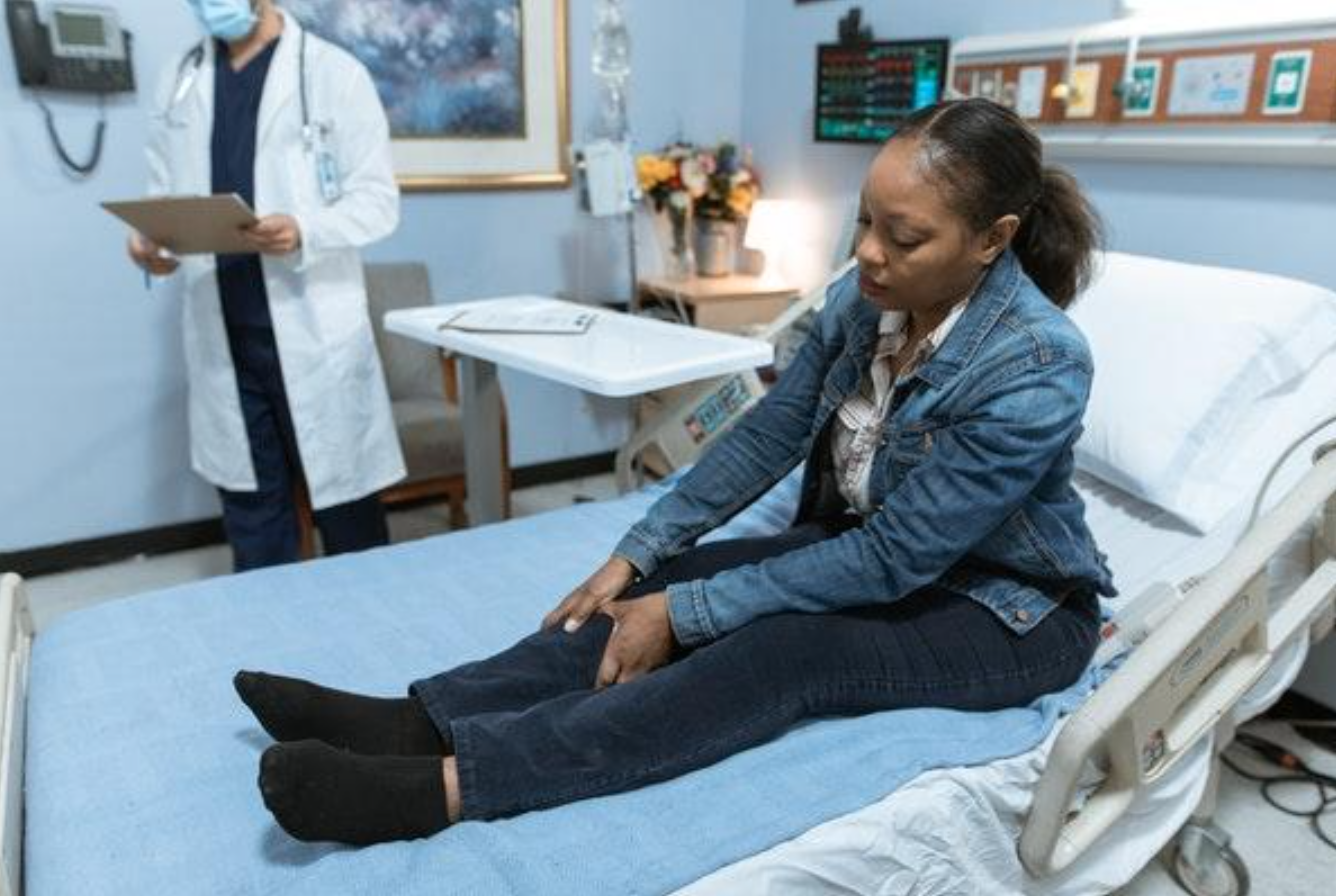Even if your careless actions partially caused your injury or accident, you will still be able to get partial compensation in most states.
Determining legal liability for an injury or accident can be complicated in some cases. Usually, the fault falls on the person or entity who was negligent in the case. It’s easy to say that whoever caused the accident should pay for damages, but there are some factors to consider to establish who is at fault from a legal perspective.
Determining Legal Liability
Most accidents happen due to someone’s carelessness. Basically, if someone involved in the accident was not as careful as the other party, the least careful person has to pay for at least part of the damages suffered by the more careful one. This is known as the duty of care. The legal liability for nearly all accidents is determined by this principle along with one or more of these propositions:
- If the victim was somewhere they were not supposed to be or somewhere the activity that led to the accident should have been expected, the person/entity who caused the accident may not be fully responsible since they didn’t have a duty of care toward the injured individual.
- If the victim were also negligent, their compensation would likely be lowered to the extent of negligence on the part of the responsible party. This is called comparative negligence.
- If the negligent individual causes an accident while working for someone else, the employer could be liable for the accident. Likewise, suppose an accident is caused on property that is potentially dangerous since it is poorly maintained or constructed. In that case, the property owner could be liable for carelessness even if the property owner did not create the dangerous conditions.
- If a defective product caused the accident, the seller and manufacturer are both responsible, even if the victim isn’t sure which one was negligent.
How Your Negligence May Affect Your Claim
Even if your careless actions partially caused your injury or accident, you will still be able to get partial compensation in most states. The compensation will come from the other people involved in the accident and be awarded based on your degree of liability. Your attorney will explain comparative negligence to you in detail so you’ll know how much to expect from your settlement. You’ll also need to have a clear understanding of your degree of responsibility in the accident so you can pay any monies you owe to the other injured parties promptly.

Get in touch with a Maryland personal injury lawyer if you’ve been in an accident in Maryland and need to determine liability. The idea here is to hire a lawyer in your state. They know the current laws inside and out and can help you better since they access precedents and local experts who could testify on your behalf. The attorney will look at the details of your case, including when and where the accident took place, to establish who is at fault. It is best to have a lawyer on your side to negotiate with insurance companies to ensure you receive a fair settlement. If you have to take your case to court, having legal representation can increase your chances of winning your settlement.
When More Than One Person is Liable
When more than one individual is liable for an accident, such as when several drivers cause a collision, the law in most states indicates that any responsible parties have to compensate the victims for their injuries. The liable parties must determine amongst themselves whether they should reimburse one another.
Several benefits come with collecting compensation from any responsible party in an accident. If one liable individual is insured and the other doesn’t have insurance, the victim can make a claim against the insured person for the entire amount. If both parties are insured, you’ll have to settle the claim with only one insurance company.
It is best to consider everyone you think may be liable and notify these individuals that you plan to file a damage claim. Then, depending on how the accident occurred or which insurance company is liable, you will be permitted to pursue your personal injury claim against one insurer.


Join the conversation!